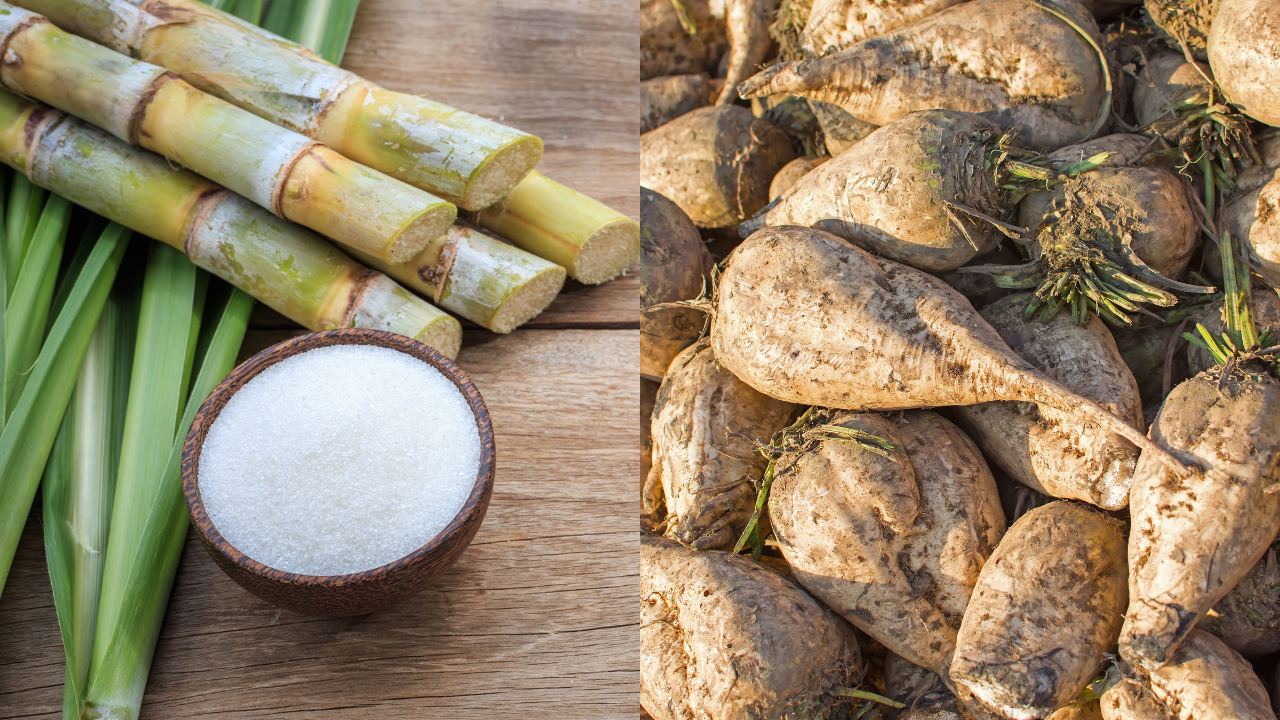Many individuals wonder if beet sugar vs cane sugar makes a difference in overall health.
Many individuals wonder if beet sugar vs cane sugar makes a difference in overall health.
Blog Article
Understanding the Nutritional Perks of Beetroot Sugar Vs Cane Sugar for Wellness Conscious Customers
When checking out the nutritional implications of beet sugar versus walking cane sugar, health-conscious consumers discover that both ranges mainly contain sucrose and offer comparable calorie worths, each contributing about 16 calories per tsp. Regardless of this resemblance, neither kind gives substantial health benefits, as they are without vital nutrients. Discovering the more comprehensive effects, including ecological considerations and long-lasting health results of sugar intake, may illuminate more nuanced differences between these 2 sugars.
Nutritional Profile and Caloric Worth of Beetroot Sugar and Walking Stick Sugar
Although both beet sugar and walking stick sugar are primarily made up of sucrose, their nutritional profiles and calorie worths are remarkably comparable. Each provides about 16 calories per tsp and consists nearly entirely of carbs, with minimal quantities of protein or fat. These sugars also do not have significant quantities of vitamins or minerals. The improvement process remove the majority of the integral nutrients, rendering both types virtually identical in regards to nourishment. There are trace differences in the impurities that continue to be after processing, which can somewhat impact the taste and shade of the sugars, but these are negligible in terms of health and wellness effect. For consumers concentrating on dietary influence, the option between beet and walking stick sugar is much more about individual preference or possible ecological concerns rather than nutritional distinctions. Both need to be consumed in small amounts within a well balanced diet due to their high caloric content and absence of vital nutrients (beet sugar vs cane sugar).
Environmental Impact and Sustainability of Sugar Manufacturing
While the dietary differences in between beetroot sugar and walking cane sugar are marginal, their production procedures offer go to these guys more significant differences, particularly in regards to ecological impact and sustainability. Cane sugar production often entails extensive land use and logging, which adds to habitat damage and biodiversity loss. This farming is additionally associated with high water intake and water contamination due to the drainage of pesticides and fertilizers. On the other hand, beet sugar manufacturing normally requires less land and can be cultivated in even more pleasant check over here climates, which might lower the need for irrigation and the affiliated water source deficiency.
Nonetheless, beet cultivation is not without its environmental difficulties; it entails significant power inputs, especially in the north environments where it is expanded, because of the requirement for longer home heating durations in sugar processing. Both sugar beetroot and sugar cane industries are exploring more sustainable practices, consisting of plant turning, natural farming, and boosted waste monitoring strategies to minimize these impacts.
Health Effects and Recommendations for Sugar Consumption
Regardless of their marginal dietary distinctions, both beet sugar and cane sugar can have detrimental health results when eaten over. High consumption of either sort of sugar adds to a range of wellness problems, including obesity, kind 2 diabetes mellitus, and cardiovascular disease. Both sugars are pure view website sucrose and deal no crucial nutrients apart from calories, resulting in rapid spikes in blood sugar degrees upon usage.


Conclusion

Report this page